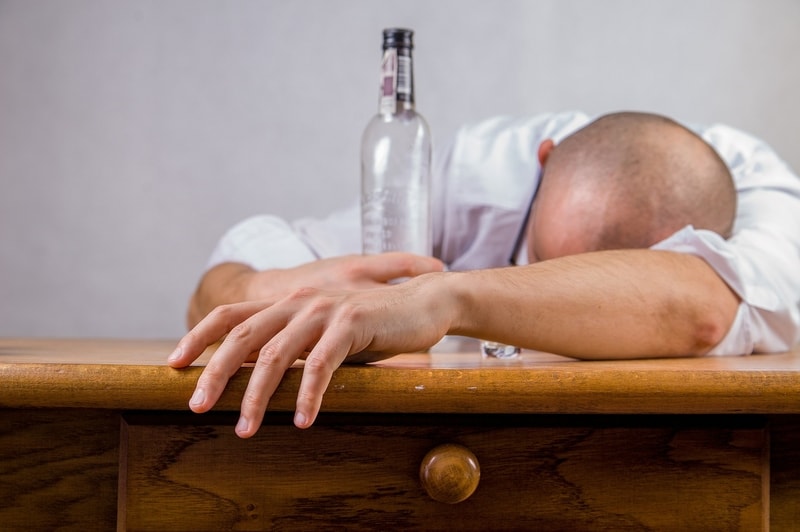5 Reasons to Reduce Alcohol Intake

Reports in the press often give conflicting advice about whether drinking alcohol in moderation is good or bad for you. But one thing’s for certain: Heavy alcohol consumption is a risk factor for all types of strokes (1). Drinking alcohol raises blood pressure; interferes with the management of diabetes; causes weight gain; and affects your heart – all of which increase your risk of stroke (2). Aside from these facts, here are a few more compelling reasons to reduce the amount you drink:
- Alcohol is a leading risk factor for death and disability
People all over the world drink alcohol and that makes it one of the biggest contributors to ill health globally. Worldwide, three million deaths every year result from harmful use of alcohol, this represents 5.3% of all deaths (3). With stroke currently being one of the most significant causes of death, and exposure to alcohol projected to increase, strokes directly linked to alcohol consumption are also likely to rise.
- Women who drink heavily may pose a greater stroke risk than men
We all know that drinking too much is bad for us. But it seems whether you are male or female also correlates with your risk. Stroke is the number 4 cause of death in women and, due to longer life expectancy, women experience more strokes and more deaths from strokes than men. This can be for a number of reasons, including atrial fibrillation (AF), migraine with aura and changes in hormones such as pregnancy and the use of hormone replacement therapy. Because of this higher risk, it’s even more important that women look after themselves and drink in moderation (4).
- Binge drinking increases stroke risk in young people
Heavy drinking is generally defined as more than 4 drinks per day for men and more than 3 drinks per day for women. Whereas binge drinking is classed as drinking five or more drinks (men) or four or more drinks (women) over a period of two hours (5). Research has found that young adults who regularly consume this amount of alcohol are more likely to have certain cardiovascular risk factors such as higher blood pressure, cholesterol and blood sugar at a younger age than non-binge drinkers (6).
- Binge drinking increases damage to the arteries
Most guidelines recommend no more than light-to-moderate drinking and avoiding binge drinking (where a large quantity of alcohol is consumed in one day). A recent study showed that repeated exposure to alcohol may increase stiffness of the arteries in healthy young adults compared to low alcohol consumers (7). Any weakening or narrowing of the blood vessels can cause blockages which, ultimately, lead to stroke.
- Alcohol is linked to deaths from noncommunicable diseases
Lifestyle behaviours that people are able to change, such as smoking, lack of physical exercise and excess alcohol consumption, all increase the risk of non-communicable diseases (NCDs), which include stroke. Noncommunicable diseases (that can’t be transmitted by another person) kill 41 million people each year. Which just goes to show the importance of limiting your alcohol intake to reduce the risk of ill health, disability and stroke (8).
References
- Jonathan Strum. Can Alcohol Cause a Stroke? https://www.therecoveryvillage.com/alcohol-abuse/faq/alcohol-and-stroke/. Medically reviewed by Jessica Pyhtila, PharmD. 15, Sep, 2021.
- https://www.stroke.org.uk/sites/default/files/f13_alcohol_and_stroke_2_1_web.pdf.
- https://www.who.int/news-room/fact-sheets/detail/alcohol.
- https://www.ahajournals.org/doi/10.1161/STROKEAHA.117.018418, Tracy E Madsen et al. Impact of Conventional Stroke Risk Factors on Stroke in Women. Originally published 8 Feb 2018. .
- https://www.niaaa.nih.gov/alcohol-health/overview-alcohol-consumption/moderate-binge-drinking.
- Mariann R. Piano, Larisa Burke, Minkyung Kang, Shane A. Phillips. Effects of Repeated Binge Drinking on Blood Pressure Levels and Other Cardiovascular Health Metrics in Young Adults: National health and Nutrition Examination Survey, 2011-2014. Journal of.
- Chueh-Lung HWANG, et al. The Effects of Repeated Binge Drinking on Arterial Stiffness and Urinary Norepinephrine Levels in Young Adults. J Hypertens. 2020 Jan and 10.1097/HJH.0000000000002223, 38(1): 111–117. doi:.
- Jean Joel Bigna, Jean Jacques Noubiap. The rising burden of non-communicable diseases in sub Saharan Africa. Oct 2019. DOI: https://doi.org/10.1016/S2214-109X(19)30370-5.
Updated February 2022
Next review 2024


